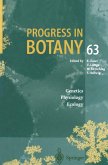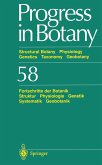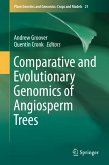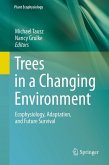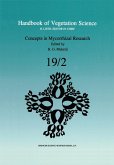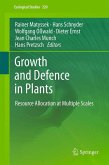The strength of this book is that it is written by someone who has spent a lifetime devoted to the science of economic botany. The author has brought together his vast experience in the field in Africa with his studies of arid land plants at the Royal Botanic Gardens, Kew. The result is an informative and reliable text that covers a vast range of topics. It is also firmly based upon the author's research and interest in plant taxonomy and therefore fully acknowledges the importance of correct naming and classification in the field of science of economic botany. The coverage is of economic botany in its broadest sense. I was delighted to find such topics as ecophysiology, plant breeding, the environment and conservation are included in the text. This gives the book a much more comprehensive coverage than most other texts on the subject. I was also glad to see that the book covers the use of various organisms that are no longer considered part of the plant kingdom such as various species of fungi and algae. It is indeed a broad ranging book that will be of use to many people interested in the uses of plants and fungi. Economic botany is once again being given more prominence as a discipline because of its enormous relevance to both conservation and sustainable development. Those people involved in those topics shOUld find this a most useful resource.
Dieser Download kann aus rechtlichen Gründen nur mit Rechnungsadresse in A, B, BG, CY, CZ, D, DK, EW, E, FIN, F, GR, HR, H, IRL, I, LT, L, LR, M, NL, PL, P, R, S, SLO, SK ausgeliefert werden.
Hinweis: Dieser Artikel kann nur an eine deutsche Lieferadresse ausgeliefert werden.



